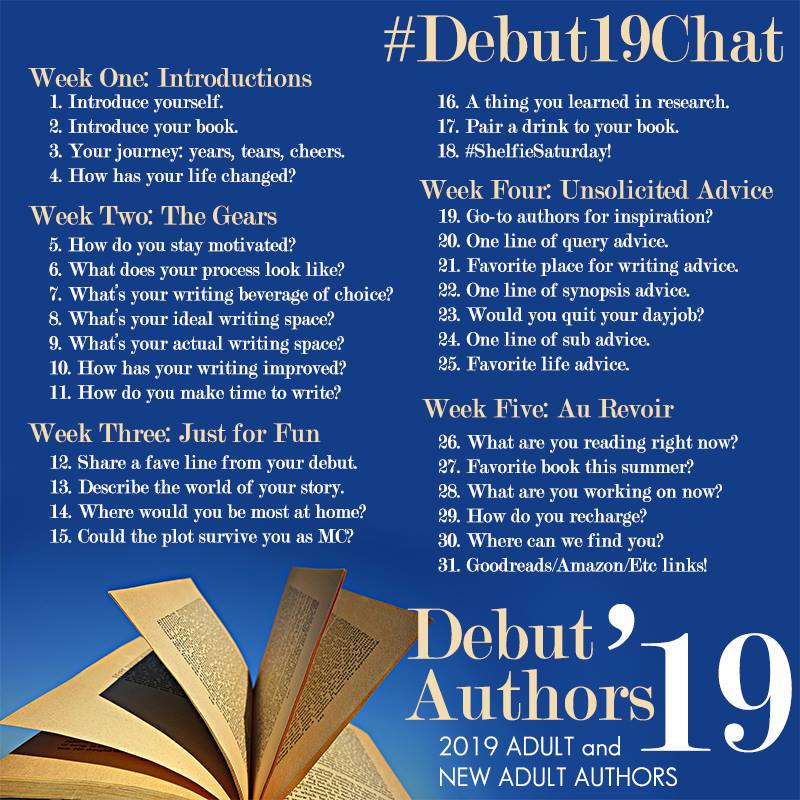One of the most powerful tools available to writers is to read and study the work of those who have gone before. For me, hand copying and examination can reveal the techniques of another author and help me advance my own craft. I've written up some of these observations to share with other readers & writers.
Okay, I recently read Edgar Cantero's Meddling Kids. There's SO MUCH great stuff in this book, but today I want to highlight one passage in particular that jumped out at me, and see if we can peek under the hood to see why it works.
"Tomorrow, Tim, we'll be in Blyton Hills. You know what that is?"
She scratched his head, their eyes locked and perfectly level, and Tim listened closely.
"You've never been there, but your great-grandfather had. It's the best place in the world," she told him. "A very little town in a valley filled with summer homes, not like those shitty plastic suburbs, but with cute gardens and really old trees, where not yuppies, nor rednecks, but real nice people live. And all around it, in every direction, and the green mantle of woods, miles and miles of... adventure."
Her sight, and Tim's, and strayed into the stars.
"Mountains to climb and creeks to cross in every spot. Swamps where you can build rafts, and caves to take shelter in when it rains, and old mills and barns where hand-wringing bad guys think of their plots, and lakes with monsters, and haunted houses where pirates used to live."
She paused. Tim nose-prodded her like she was a music box that had stopped playing.
This section comes after a lengthy road trip, in a bit of a narrative pause, as the main characters have assembled and are about to enter into the next phase of their story. It's certainly Cantero talking to the audience, as much as it's about the characters expressing their own sense of wonder.
The interesting thing is why is works so well. This direct stating of fact and theme is pulled off because the characters have gone through so much heartache and trouble to get to this spot. The speaker, Andy, in particular has been through a lot, and has been the primary driver in reuniting the gang and returning them to their childhood haunts. She's picked up physical and emotional scars getting this far, and her moment of reflection (with Tim, a dog, who can't speak or judge) feels like a reward to her and the reader, while also serving as a promise of where the story is headed next.
It's this sense of earned honesty combined with wonder and anticipation that makes this section sing. Truthfully, I'm not even sure it will seem striking if you haven't seen it in the context of the full book.
But it damn well works if you have.
Edit: Interestingly, Jason Sheehan chose the same excerpt to lead his NPR review of Meddling Kids.
And for another Meddling Kids review, check out this one from Sarah Hans.














